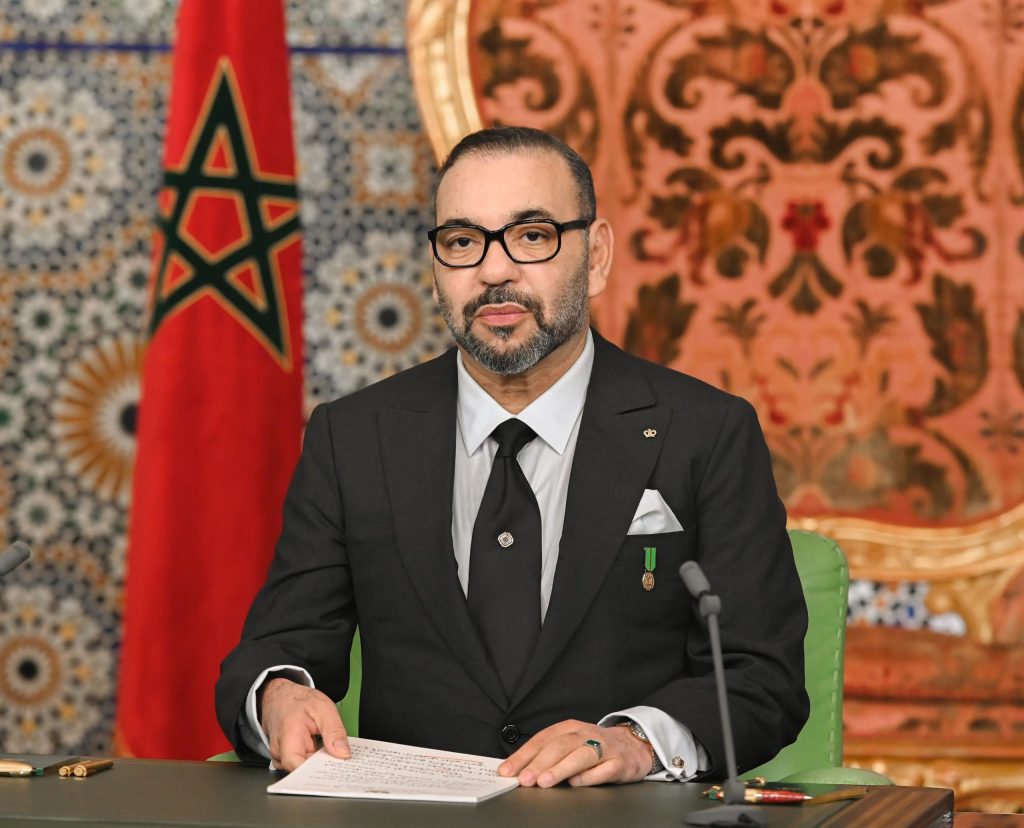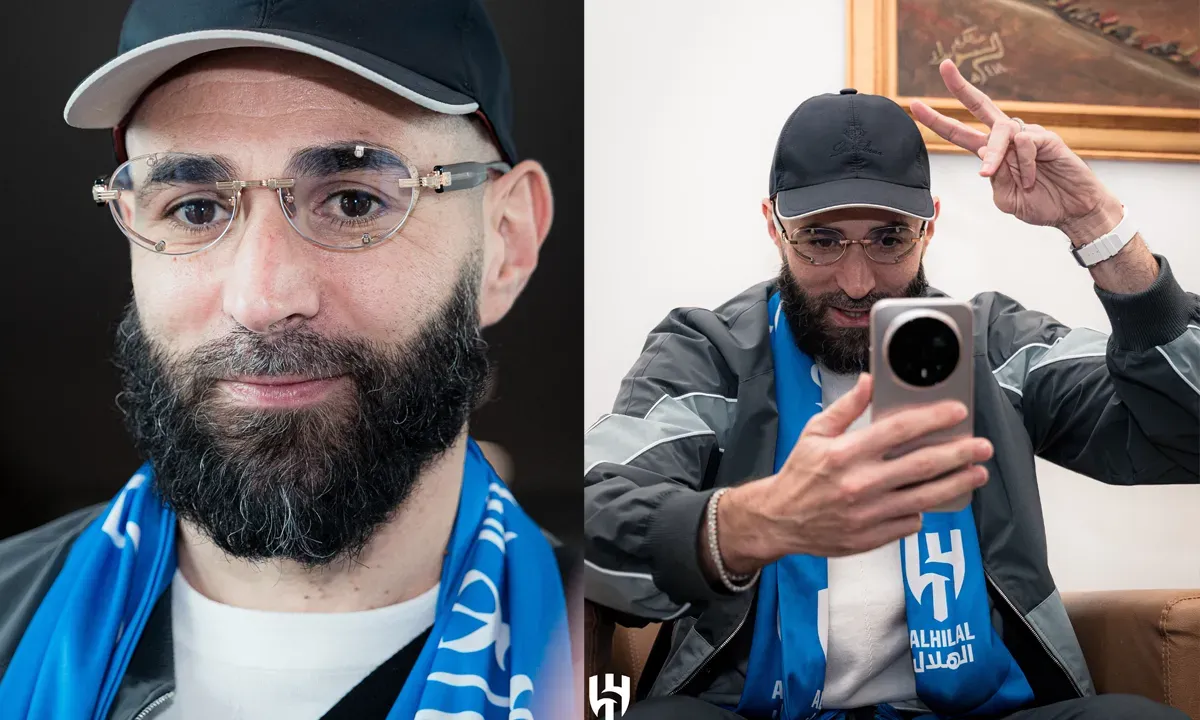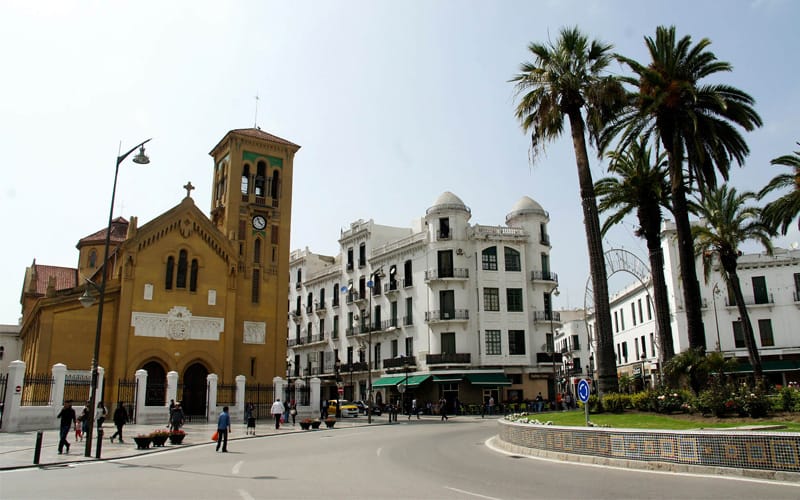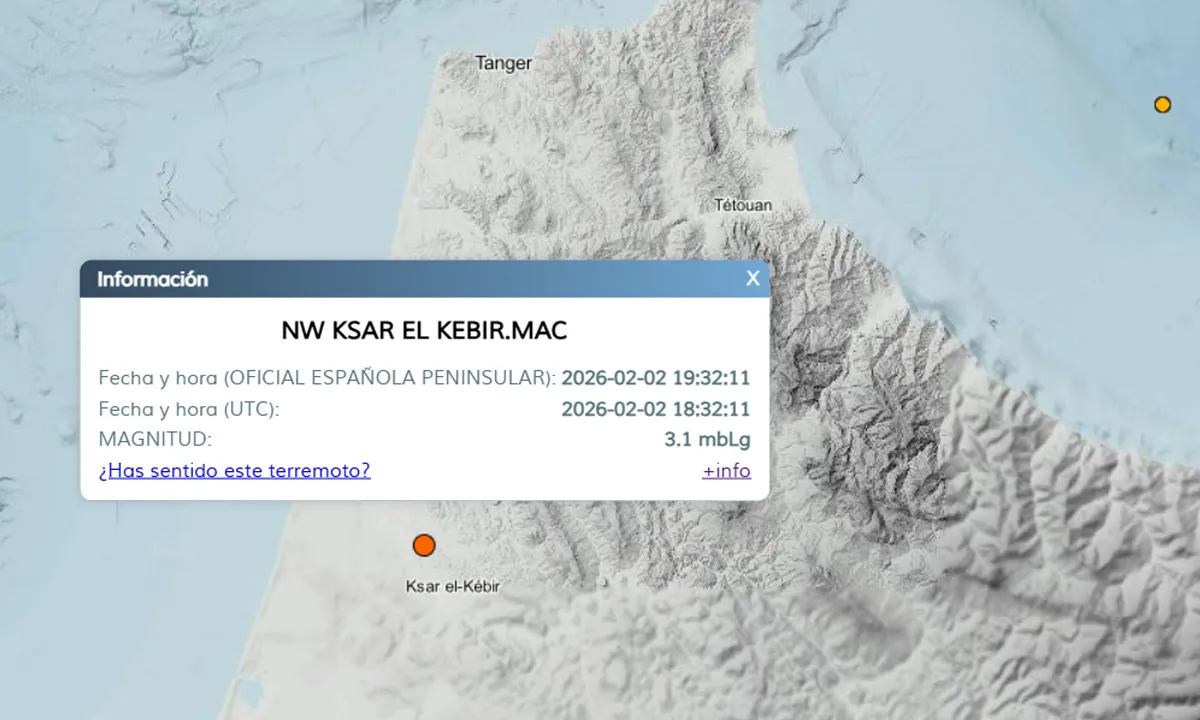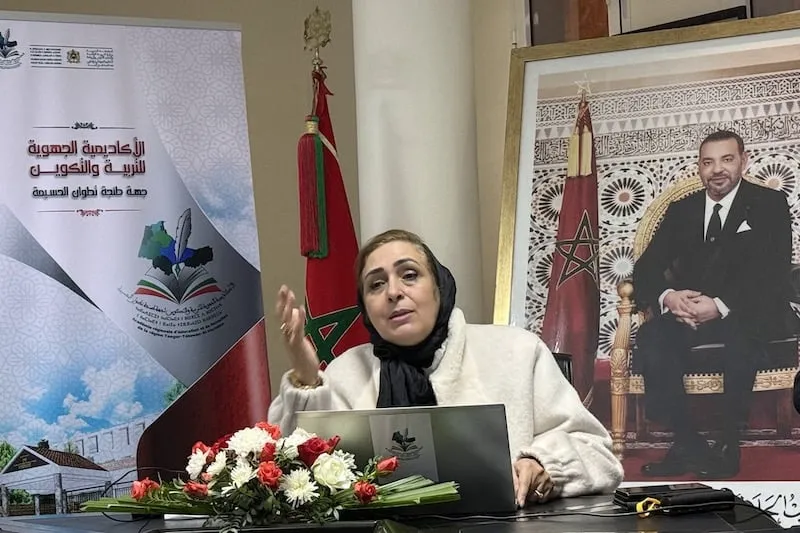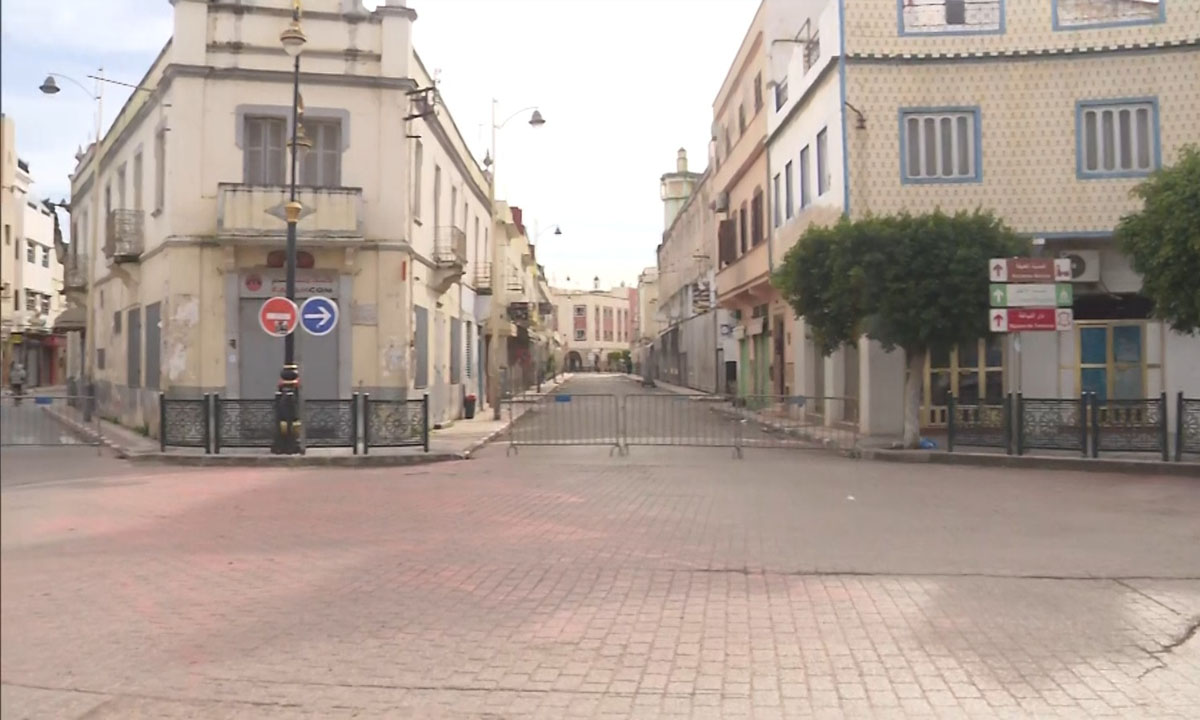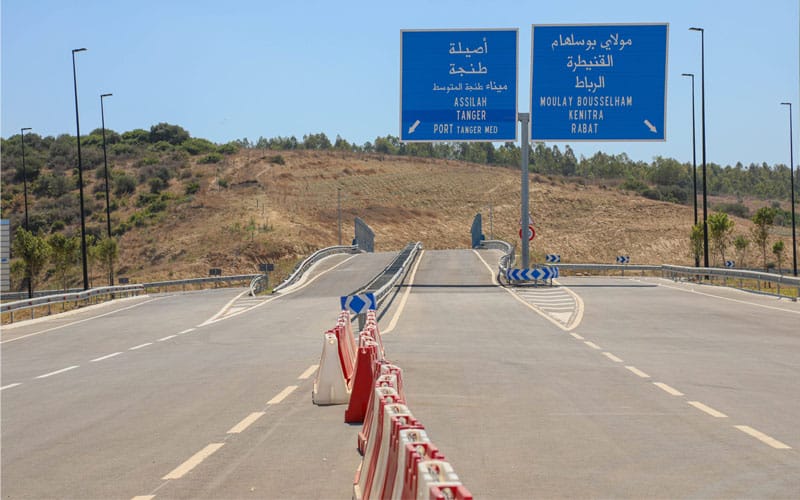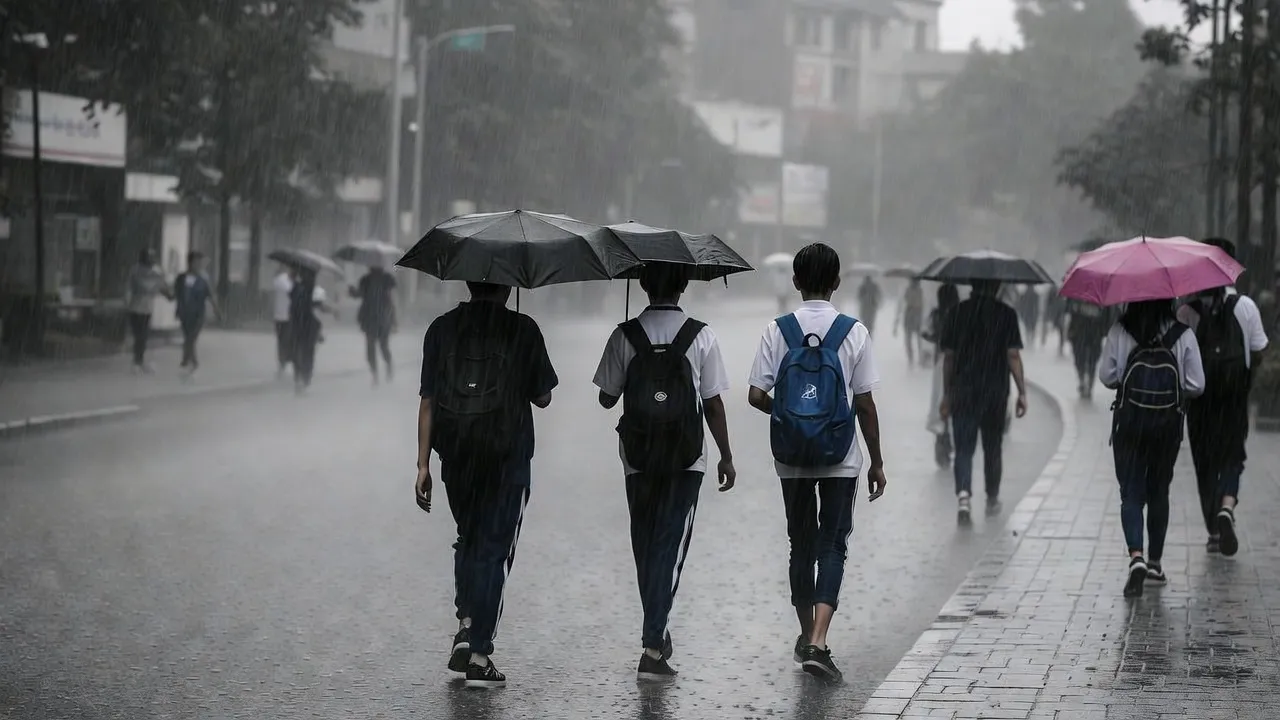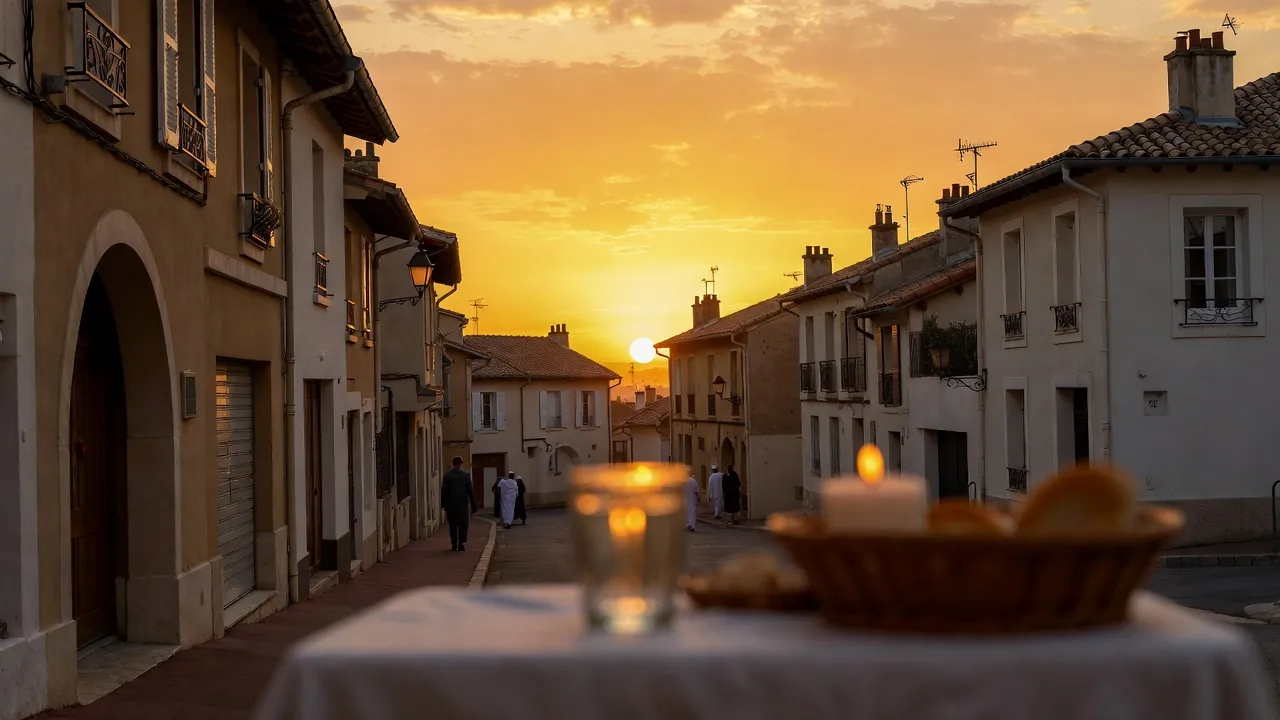If nothing is recorded in the history of the reign of King Mohammed VI, the new decision regarding Western Sahara will be sufficient. The King has achieved what has not been accomplished since the country’s independence, opening the door to end a dispute that has hindered the kingdom for years.
- Royal Vision
- Establishing a Strategic Vision Since Ascending the Throne
- Internal Construction as a Lever for International Legitimacy
- Integrating Legitimacy and Realistic Politics
- Activating International Dynamics and Strengthening Legal Legitimacy
- Building International Alliances on Realism and Recognition
- The Reference Framework for the Royal Vision: From Defense to Construction
- The Royal Vision as a Catalyst for a New Diplomatic Dynamic
- Foundations of the Royal Vision: Rooted Constants and Insightful Transformations
- Redefining the Concept of National Sovereignty
- From Prudent Realism to Ethical Diplomacy
Royal Vision
King Mohammed VI’s vision is the strategic compass that has redirected the course of the Western Sahara issue, transforming it from a state of defending historical legitimacy to an active initiative evident in both diplomatic efforts and developmental actions. Since ascending to the throne in 1999, the King has made the Morocco’s Sahara a matter for all Moroccans, framed by a comprehensive sovereign vision that balances national constants with the requirements of international realism.
Thus, under royal leadership, the issue has shifted from a mere regional dispute to a strategic workshop for building a national model of territorial governance and responsible sovereignty.
Establishing a Strategic Vision Since Ascending the Throne
Since his accession to the throne in 1999, King Mohammed VI has taken on the responsibility of addressing the Sahara issue from a new perspective that combines realism, fairness, and objectivity, as stated in his 1999 Green March speech: “We have undertaken to address the Moroccan Sahara issue from a new perspective that allows us to deal with it fairly, objectively, and realistically.”
This approach represents a fundamental shift in the logic of handling the dispute, moving Morocco from reactive speeches to a comprehensive vision based on national and historical legitimacy supported by a clear negotiating dynamic. Over the following years, the King affirmed Morocco’s absolute sovereignty over the Sahara, as noted in his 2002 Laayoune speech: “Morocco will not cede an inch of its irrefutable and indivisible Sahara territory.” This speech established a clear foundation for Moroccan policy in defending territorial integrity, emphasizing the non-negotiable nature of national sovereignty.
Internal Construction as a Lever for International Legitimacy
As years progressed, Morocco began strengthening its internal front and unifying its national stance, seeing it as a position of strength to support its international position. The 2004 Green March speech stated: “Morocco is in its Sahara, and the Sahara is in Morocco.” The 2009 Green March speech emphasized the necessity of clear internal positions and national responsibility: “A citizen is either Moroccan or not… there is no middle ground between patriotism and betrayal.”
These speeches reinforce the logic linking internal mobilization, national sovereignty, and international diplomatic credibility, as a strong national position enhances Morocco’s ability to confidently engage in international and regional frameworks.
Integrating Legitimacy and Realistic Politics
As international recognition gradually increased, Morocco highlighted its role in clarifying legitimacy and realities on the ground, as evidenced in the 2014 Green March speech: “The Sahara is an existential issue and not a matter of borders. Morocco will remain in its Sahara, and the Sahara will remain in Morocco until God inherits the earth and all upon it.”
This reflects a shift from confrontation to building on legitimacy and understanding while considering factual realities and historical contexts. In his 2017 Green March speech, the King renewed Morocco’s commitment to improving living conditions in the southern provinces, indicating the integration of developmental aspects with national sovereignty—a key element of the royal strategy to enhance international credibility.
Activating International Dynamics and Strengthening Legal Legitimacy
In subsequent years, the royal vision became a dynamic engine for international transformations regarding the Sahara issue. In his 2019–2021 Green March speeches, the King emphasized the following key points:
- Commitment to a realistic political solution: “We will continue to work… to reach a realistic, practical, and consensual political solution.”
- Linking development to the credibility of political solutions: “Our southern regions… have become open spaces for national and foreign development and investment.”
- Affirming the Moroccan sovereignty of the Sahara backed by legitimacy, history, and international acknowledgment: “The Moroccan Sahara is a fixed truth, beyond debate, given its history and legitimacy, and the strong will of its people, alongside widespread international recognition.”
These speeches illustrated the ability to transform the national issue into a tool for diplomacy and international legitimacy, supported by tangible field and economic achievements, enhancing Morocco’s credibility in the UN Security Council and international organizations.
Building International Alliances on Realism and Recognition
Recently, the King emphasized Morocco’s pragmatic outlook towards the international community: In his 2022 Throne Day speech, he stated: “The Sahara issue is the lens through which Morocco views the world… measuring the sincerity of friendships and the efficacy of partnerships.” In his 2022 Green March speech, he noted: “The Moroccan Sahara has become… a human, spiritual, civilizational, and economic link between Morocco and its African depth.”
In his 2024 Green March speech, he stated: “It is time for the United Nations to take responsibility… between the real and legitimate world represented by Morocco in its Sahara, and a frozen world, distant from reality and its developments.” These speeches highlight the royal approach of linking sovereignty, development, and international legitimacy, delivering a clear message to the international community regarding Morocco’s seriousness and the reality of its position.
Through this series of speeches and practical and diplomatic transformations, several key points can be drawn:
- The royal vision is the foundation and starting point for all Moroccan diplomatic successes regarding the Sahara issue, uniting steadfastness in principle with flexibility in approach.
- Unity of the internal front and national credibility serves as a crucial lever for enhancing international influence.
- Connecting development with international legitimacy gives the Moroccan position practical and strategic power, reflecting in international recognition, investments, and cooperation.
- The shift from confrontation to building on legitimacy and political realism allows Morocco to transform the dispute into a sustainable regional and international understanding project.
- The growing diplomatic influence manifests in increased international recognition and support from major powers for the autonomy initiative, strengthening Morocco’s position in the Security Council and regional organizations.
In summary, the royal vision has made the Sahara issue a diplomatic, economic, and political indicator of Morocco’s capacity to guide international relations in line with its national interests while preserving legitimacy and strategic realism.
The Reference Framework for the Royal Vision: From Defense to Construction
The royal vision is based on a deep understanding that defending the Sahara is not just about legal and historical arguments, but about building an unavoidable reality. Under the King’s guidance, Morocco transitioned from the logic of “proving rights” to “materializing them on the ground” through major developmental projects, advanced infrastructure, and effective regional institutions.
Since the start of the new millennium and over 26 years of reign, the royal discourse has followed a gradual approach from entrenching national constants to formulating a realistic vision for a final solution, asserting Morocco’s presence on the international stage as an initiator rather than a party in a conflict. The autonomy initiative of 2007 embodies this vision institutionally, crafted by the King as a realistic solution aligned with international law, gaining increasing recognition from the international community and becoming the only serious and credible reference within the Security Council.
The Royal Vision as a Catalyst for a New Diplomatic Dynamic
For over a quarter of a century, royal decisions have been the driving force behind international dynamics supportive of Morocco’s sovereignty over its Sahara. Since 2016, there has been an accelerated recognition of the validity of the Moroccan position, with more than 30 consulates having been opened in Laayoune and Dakhla, including consulates from Arab, African, and Latin American countries, solidifying the recognition of Moroccan sovereignty as an undeniable reality.
The royal vision also contributed to transforming the UN position, with Security Council resolutions since 2017 adopting the Moroccan approach in their language, affirming a “realistic solution based on consensus,” fully aligned with the essence of the autonomy initiative. In this context, Morocco’s relationships with major international powers have been strengthened, with the United States officially recognizing Morocco’s sovereignty over the Sahara in December 2020, establishing a significant precedent that solidified the shift in international legitimacy.
Foundations of the Royal Vision: Rooted Constants and Insightful Transformations
The royal vision is not merely a political stance but a comprehensive intellectual and strategic framework based on four fundamental foundations:
Historical and Institutional Legitimacy: Moroccan sovereignty over the Sahara is a natural extension of the historical allegiance between Sahrawi tribes and the Alaouite throne. This historical legitimacy has, under royal leadership, transformed into field and diplomatic legitimacy that enjoys increasing recognition.
Political Realism and Diplomatic Pragmatism: The King adopted a flexible pragmatic approach that combines firmness in principle with openness in method. This prudent realism has enabled Morocco to forge new partnerships in Africa, Europe, and the Americas based on mutual interests and respect.
Development as a Tool of Sovereignty: In the royal vision, sovereignty is not only measured by maps but by the quality of life in the territories under one’s authority. Thus, the King launched the development model for the southern provinces in 2015, investing over 77 billion dirhams, transforming desert cities into promising economic centers and tangible witnesses to the Moroccan claim over both land and people.
African Dimension and Atlantic Openness: The Sahara is no longer limited to its territorial aspect but has become a strategic pathway to the African depth and the Atlantic domain. The royal vision has redrawn Morocco’s geopolitical landscape, making it a bridge between the north and south, and a central player in the continent’s energy and food security.
Redefining the Concept of National Sovereignty
The royal vision presented a new concept of national sovereignty that extends beyond the legal dimension to the ability to act, develop, and represent. Sovereignty, as envisioned by the King, is a responsible exercise of power that produces stability and fortifies national decision-making. Hence, the royal discourse has emphasized linking the defense of territorial integrity with the defense of development, dignity, and social justice.
From Prudent Realism to Ethical Diplomacy
What gives the royal vision its strength is its balance between values and interests. The King does not address the world solely from a position of power but from a perspective of legitimate rights and political rationality. Thus, Moroccan diplomacy, grounded in his guidance, serves as a moral lever before being a political tool, demanding respect because it combines clarity in speech with consistency in practice.
The royal vision of King Mohammed VI is the foundation and driving framework for the new dynamic of the Moroccan Sahara issue. Thanks to it, Morocco has transformed its national cause from a regional dispute into a model of stability, development, and international respect over 26 years.
This vision has turned the Sahara into a strategic horizon for African and Atlantic openness, positioning Morocco as a consultative player rather than a target. Hence, the royal leadership has established new pillars of sovereign diplomacy that harmonize national constants with geopolitical transformations, marrying historical legitimacy with prudent realism, in a journey epitomized by the phrase: “Morocco in its Sahara, and the Sahara in Morocco… a reality not to be debated but built every day.”




